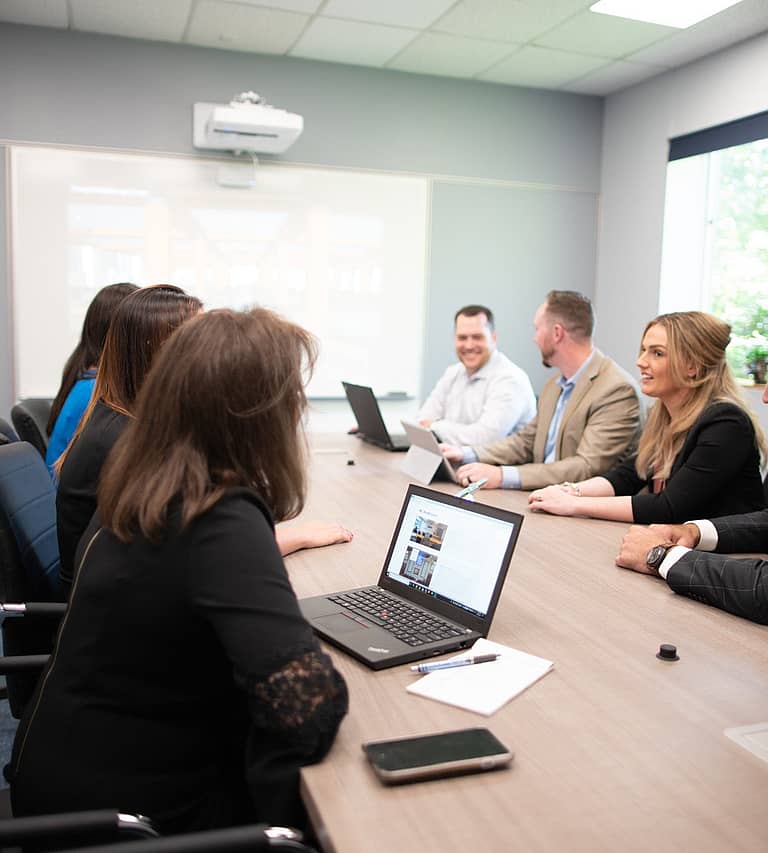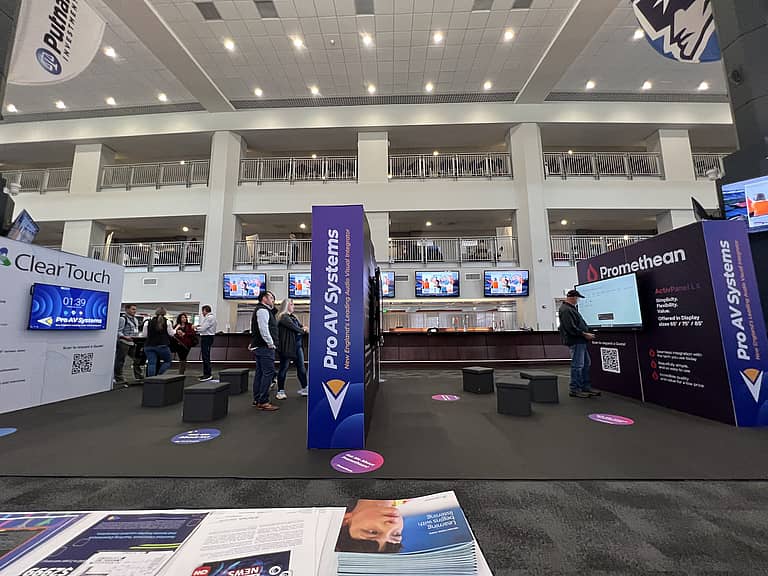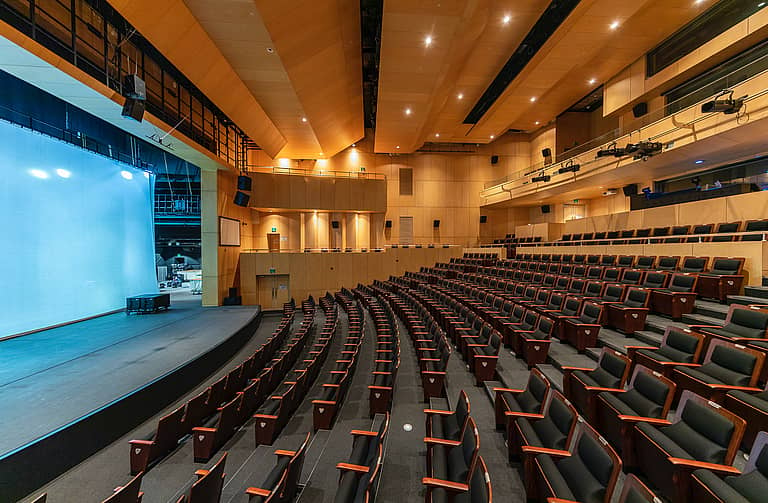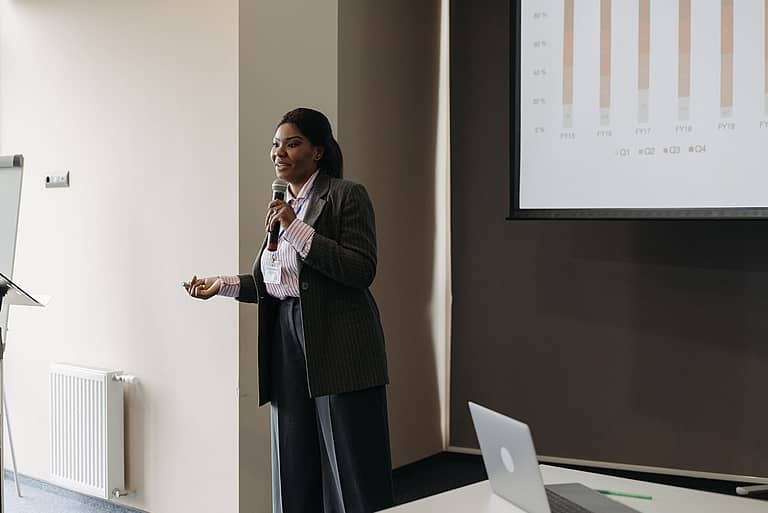Blog

We are excited to share that Pro AV Systems has been recognized as one of the largest women-owned businesses in Massachusetts for 2023, according to…

Come visit the Pro AV team at these upcoming tradeshows! Event Location Date METAA 15th Annual CTO Clinic Milford, MA March 8th Maine Bank…

Come visit the Pro AV team at these upcoming Fall Shows! Event Location Date MHEC Annual Conference Worcester, MA September 21st ACTEM 2023 Fall Conference …

Pro AV is New England’s leading audio visual integrator with services including sales, design, engineering, installation, and service. From one-room installations to full building renovations,…

Collaboration and teamwork are the driving forces behind the success of any organization. In today’s fast-paced and dynamic work environment, impromptu meetings and brainstorming sessions…

Pro AV is proud to announce, Kim Bishop, has been presented with a certificate of recognition under ‘Top 10 Inspiring Leaders of 2023″ by IE…

Today’s conference rooms are more than meeting spaces for weekly staff meetings or presentations to clients. You may have some of your staff present while…

We are excited to share that Pro AV Systems has been recognized as one of CIO Review’s Most Promising Audiovisual Service Providers for 2023. This…

Our President, Kimberly Bishop, has been recognized as “People on the Move” by Boston Business Journal for Women’s History Month. Kim Bishop has built one…

Come visit the Pro AV team at these upcoming Spring Shows! Event Location Date MassCUE Spring Conference Worcester, MA March 3rd 14th Annual CTO Clinic…

We are excited to share that Pro AV Systems has been recognized as one of the largest women-owned businesses in Massachusetts for 2022, according to…

Like virtually every other business sector, 2023 is bringing significant changes to the audio-visual industry. Some of this is due to new technologies entering the…
